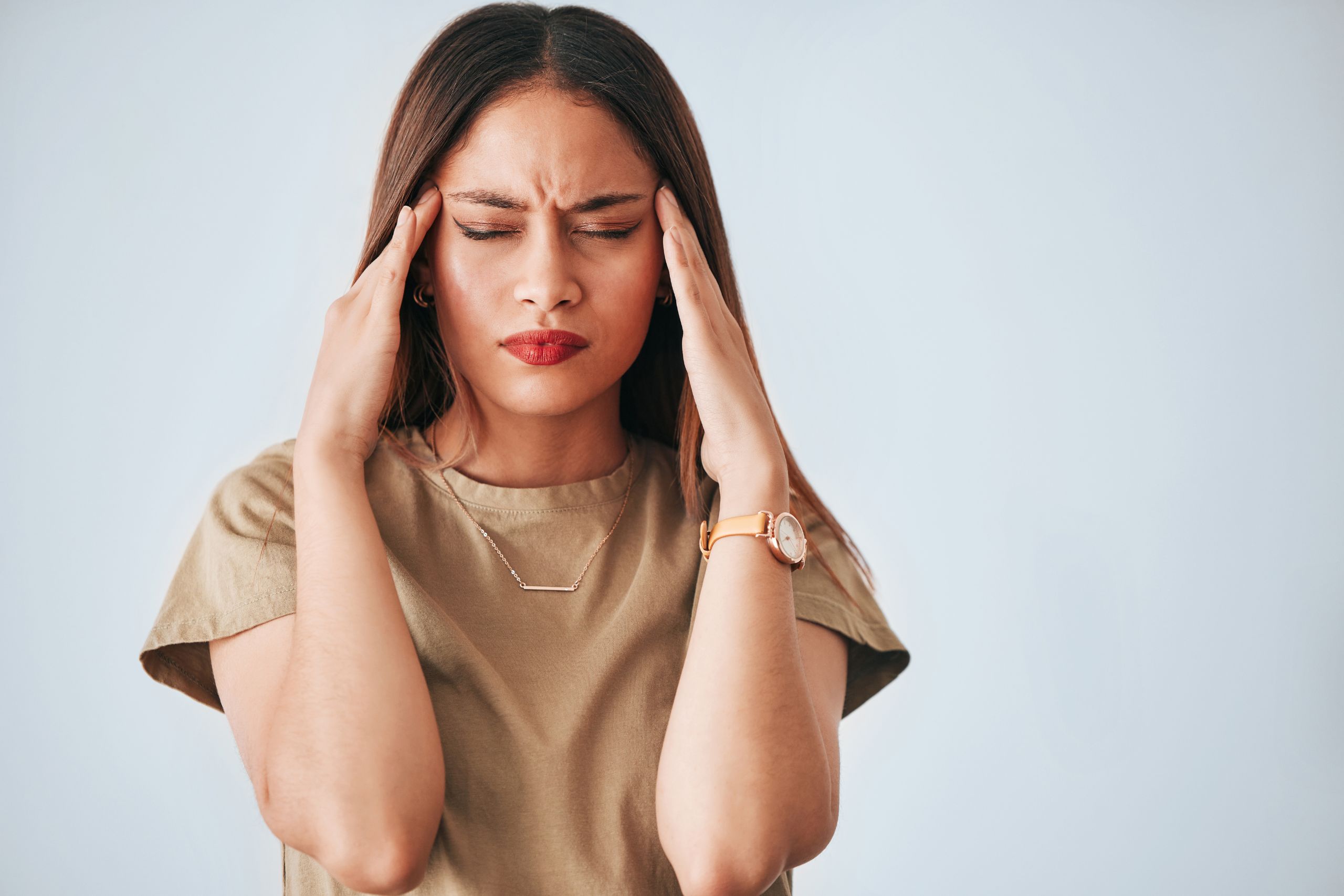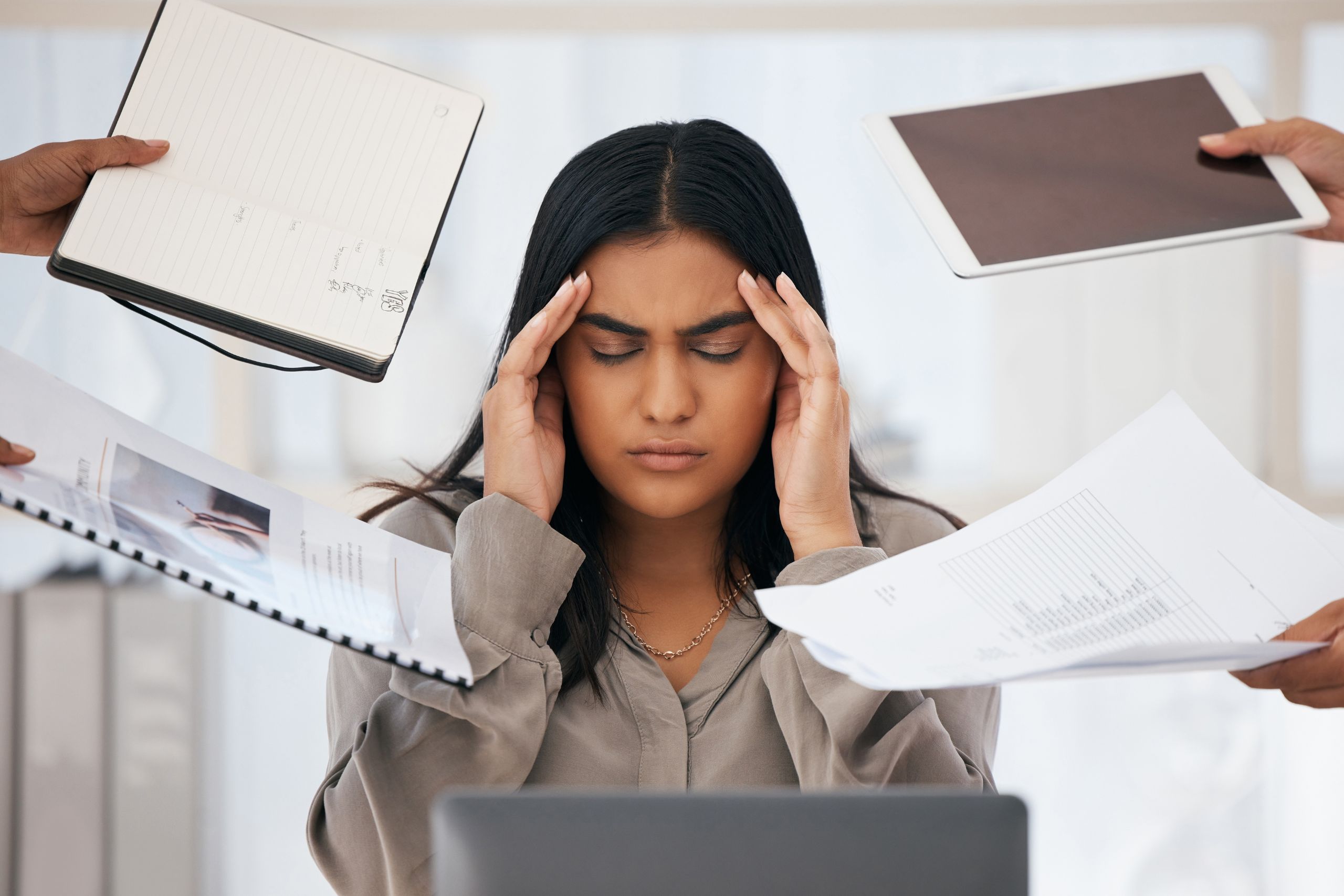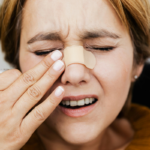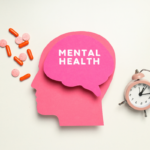
Anxiety and Dizziness: Why It Happens
We often think of anxiety in terms of emotional distress, but it can also cause dizziness and other physical symptoms. How long does dizziness from anxiety last, and how should you respond if it happens to you or someone you’re with?
To learn more about Mental Health Treatment options at New Mind Wellness, call us today or verify your insurance online. We’re excited to help you start your personal recovery journey.
The Link Between Anxiety and Dizziness
Everyone gets nervous from time to time. When that nervousness intensifies – such as in the days before a big test, a presentation at work, or another significant event – it’s common to use the word “anxiety” to describe what you’re feeling.
That type of anxiety is normal and can even be beneficial. For example, it can help you to focus your attention, motivate you to study harder or prepare more diligently, and inspire you to perform at your highest level.
But when mental health experts use the word anxiety, what they are describing isn’t healthy or helpful. In a clinical context, anxiety refers to a variety of mental health disorders that are characterized by pervasive and highly disruptive symptoms
The fifth edition of the Diagnostic and Statistical Manual of Mental Disorders (DSM-5) includes entries for several types of anxiety disorders, including:
- Generalized anxiety disorder (GAD)
- Panic disorder
- Social anxiety disorder (social phobia)
- Agoraphobia
- Specific phobia
- Separation anxiety disorder
- Selective mutism
The common attributes among anxiety disorders are disproportionate fear and excessive worry. Depending on the disorder, they may also involve other painful effects.
The primary differentiators are the experiences or scenarios that trigger the onset of symptoms.
Behavioral Symptoms
The severe psychological distress of an anxiety disorder can cause behavioral concerns such as:
- Unwillingness to meet new people
- Reluctance to eat in restaurants or attend other social gatherings
- Going to great lengths to avoid being away from an attachment figure
- Inability to use public transportation or shop in certain types of stores
- Refusal to leave their residence
Physical Symptoms
People who have anxiety disorders may also develop physical symptoms such as:
- Dizziness and lightheadedness
- Headaches and stomach aches
- Muscle tension
- Excessive perspiration
- Racing heart rate
- Chest pain
- Numbness in fingers and toes
- Trembling or shakiness
These symptoms are perhaps most pronounced among those who have panic disorder, but they can also affect people who have other conditions.
Can Dizziness Cause Anxiety?
The relationship between anxiety and dizziness can be bidirectional. This means that:
- Sometimes, the onset of other anxiety symptoms can cause a person to become dizzy
- Sometimes, a period of dizziness can trigger the onset of other anxiety symptoms
Fear of having another anxiety attack or panic attack can be an ongoing source of distress for people who have anxiety disorders.
When someone with this fear develops dizziness or certain other symptoms – even when these symptoms aren’t directly caused by their disorder – those sensations can make them think that another attack is imminent.
Since anxiety disorders are characterized by excessive, disproportionate fears and worries, a person’s belief that they are on the precipice of an anxiety or panic attack can actually bring about such an attack.

How Long Does Dizziness from Anxiety Last?
When a person’s symptoms intensify, it can sometimes feel like they will never end. Thankfully, this isn’t the case – but exactly how long does dizziness from anxiety last?
The duration of anxiety-related dizziness can vary considerably, depending on factors such as:
- Which disorder a person has
- The environment in which they experience the symptom
- The effectiveness of their self-soothing skills
- If they are taking prescription medication to manage their symptoms
In the case of someone with panic disorder, dizziness and other symptoms are typically brief, often within the 5-10 minute range and rarely more than 20 minutes.
For people whose symptoms can be triggered by a specific experience or other external factors – such as those with agoraphobia, social phobia, separation anxiety, and specific phobia – how long dizziness lasts can be heavily influenced by the person’s ability to remove themselves from the source of their distress.
For example, if a person with agoraphobia begins to experience dizziness and other symptoms when on a crowded bus, their symptoms may persist until they are able to get off the bus and find a safe space where they can calm themselves and regain control of their thoughts and emotions.
In any circumstance, a person’s ability to self-soothe and/or get proper help from others can also affect how long dizziness from anxiety lasts.
Tips for Managing Anxiety-Related Dizziness
If you have begun to experience dizziness and other symptoms due to an anxiety attack, or you are with someone who is going through such an experience, here are a few tips for self-soothing and managing symptoms:
- Find a safe, comfortable place to sit down. This can minimize your risk of injury if the dizziness causes you to fall.
- Remind yourself that your symptoms are temporary, and they will soon pass. If you are helping another person, be sure not to minimize the severity of what they are currently enduring, but it can be helpful for them to remember that they’ve been through this before.
- Use the 5-4-3-2-1 technique, which can distract you from your symptoms and help you recenter yourself in the present moment. From where you are standing or sitting, identify:
- Five things you can see
- Four things you can touch
- Three sounds you can hear
- Two distinct smells
- One thing you can currently taste
- Close your eyes and focus on your breath. Inhale deeply through your nose while counting silently to four. Hold your breath while counting to five, then exhale through your mouth while counting to six. Repeat this until you start to feel better.
Find Personalized Anxiety Treatment in the Philadelphia Area
Self-soothing can help you in the moment, but if you have been experiencing recurrent anxiety symptoms that are negatively impacting your quality of life, professional treatment may be the right next step.
New Mind Wellness offers personalized outpatient care for adults who have been living with anxiety, depression, and other mental health concerns. At our anxiety treatment center near Philadelphia, PA, you will be cared for by compassionate professionals who are committed to providing customized services within a safe and highly supportive environment.
To learn more about how we can help you or a loved one, or to schedule a free assessment, please visit our Contact page or call us today.





